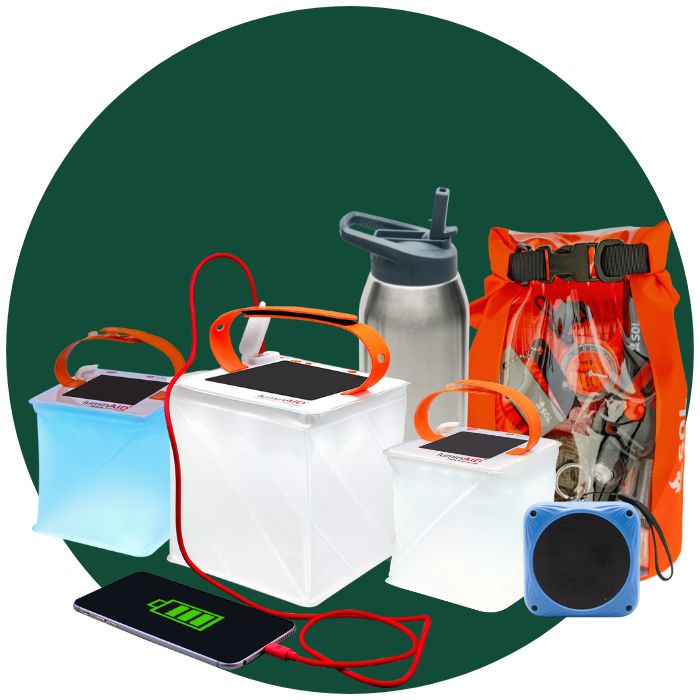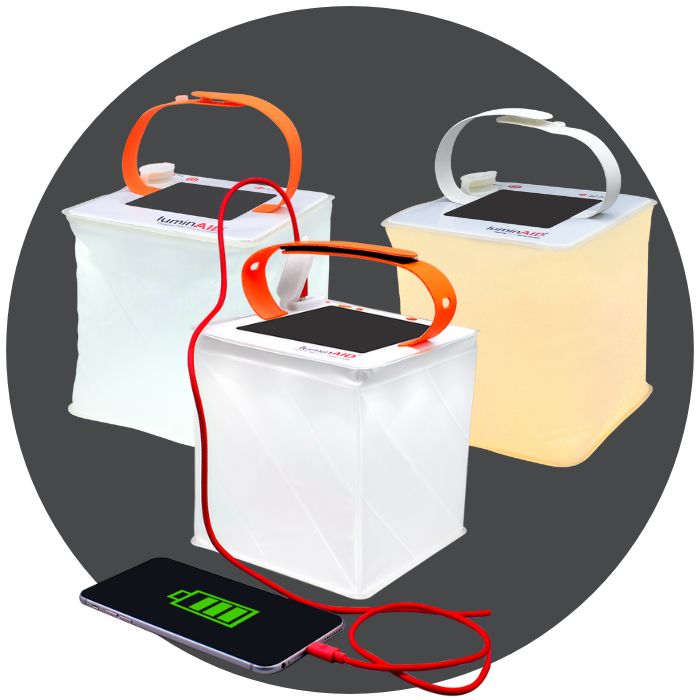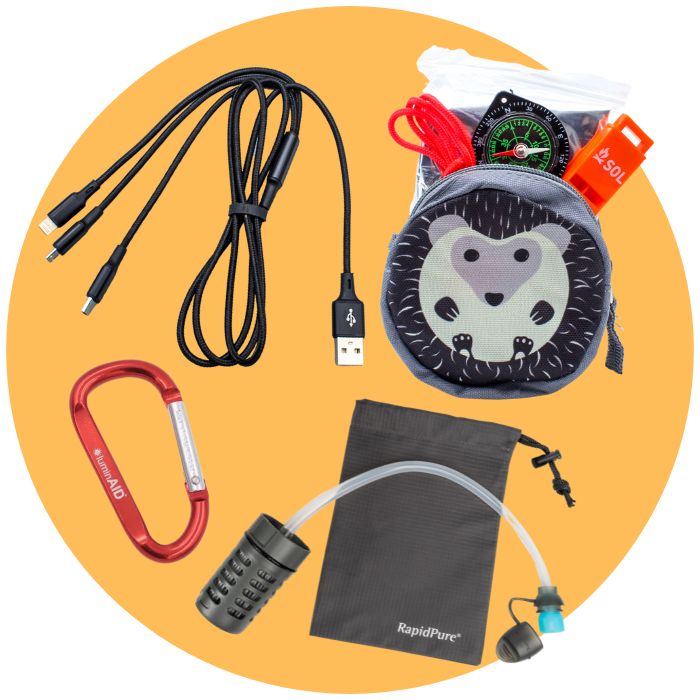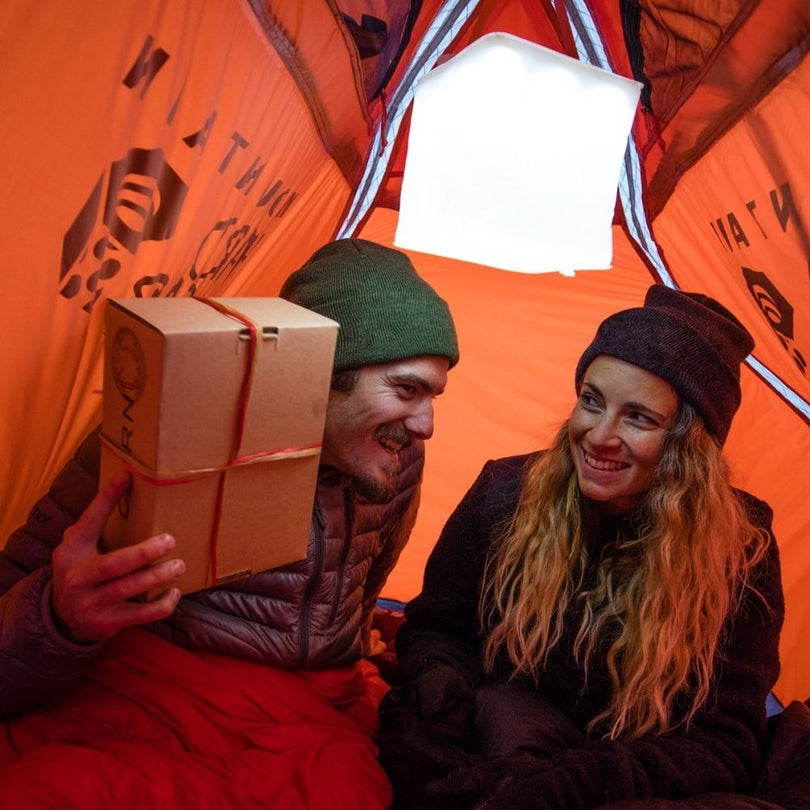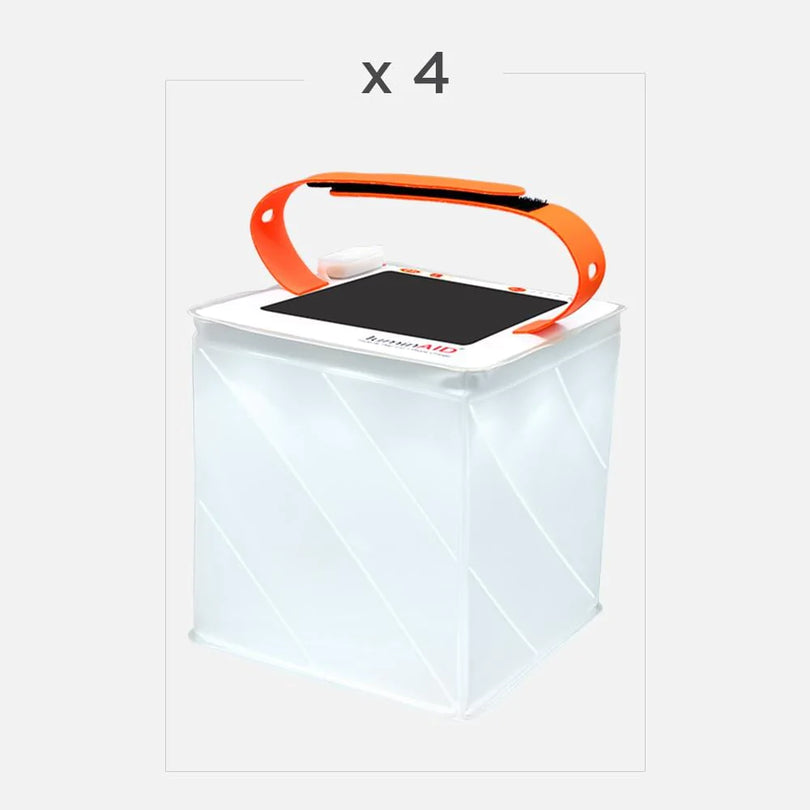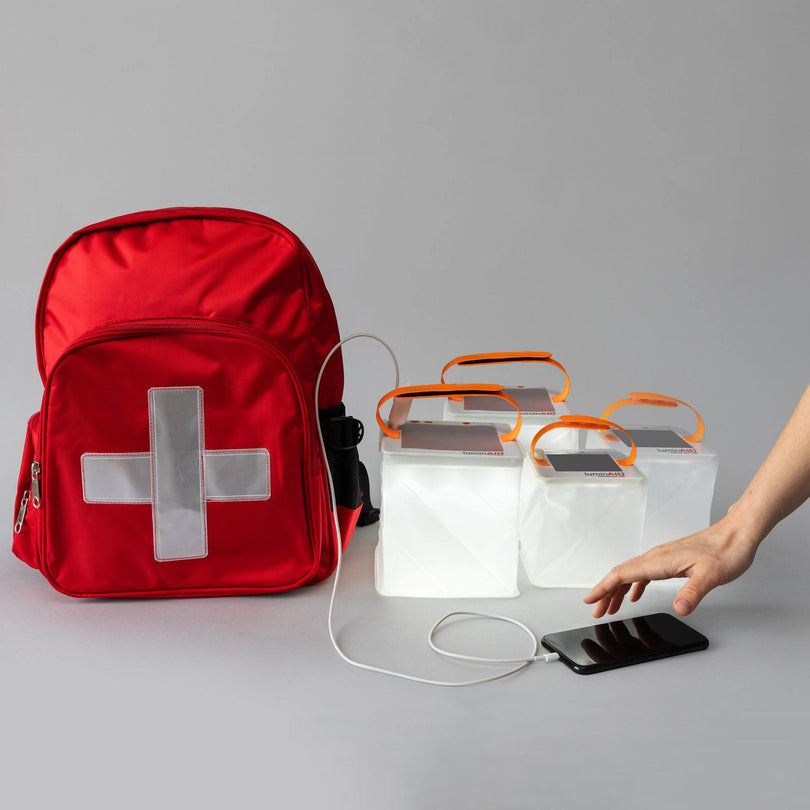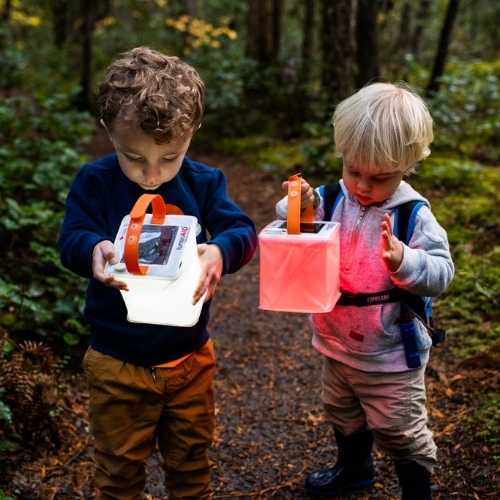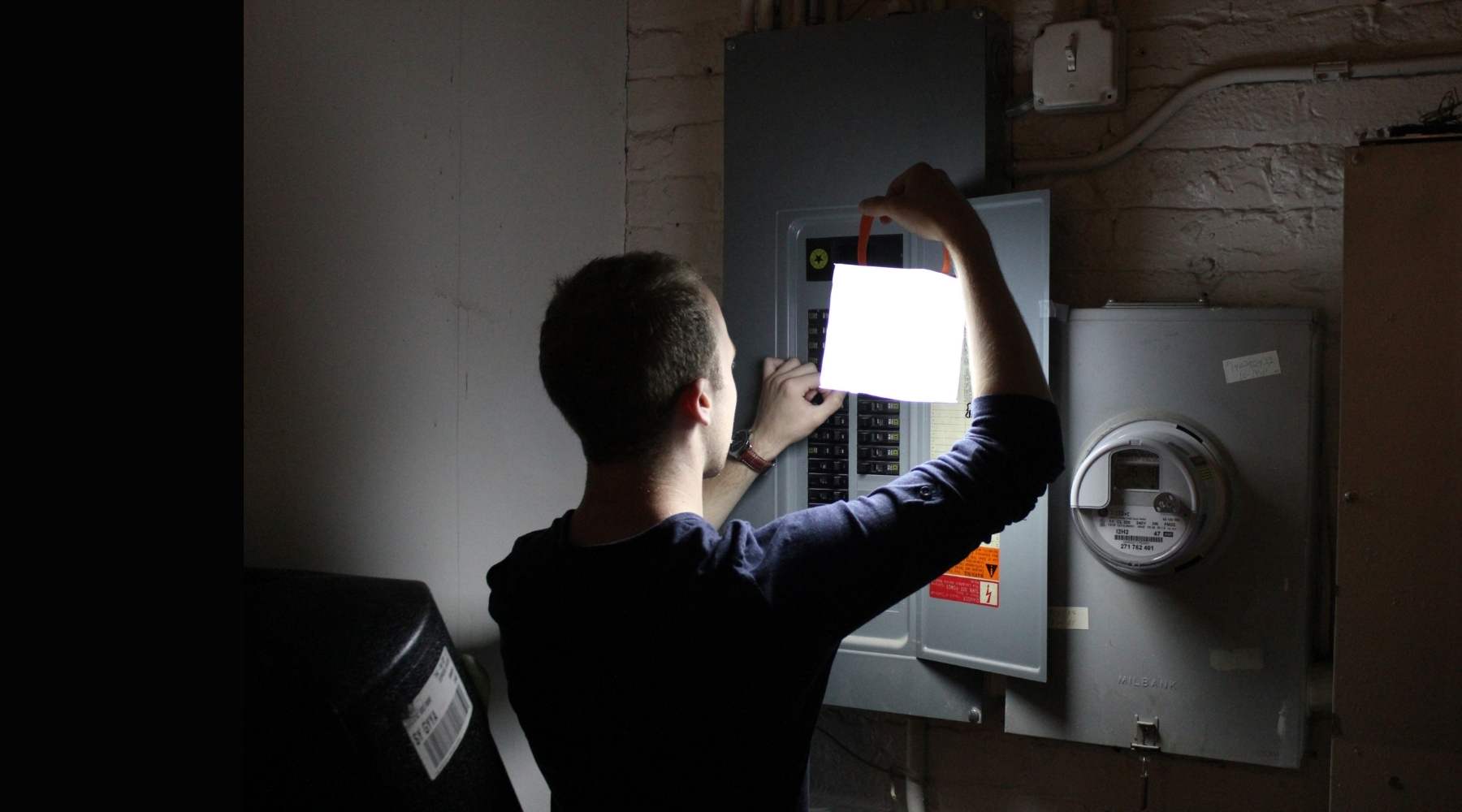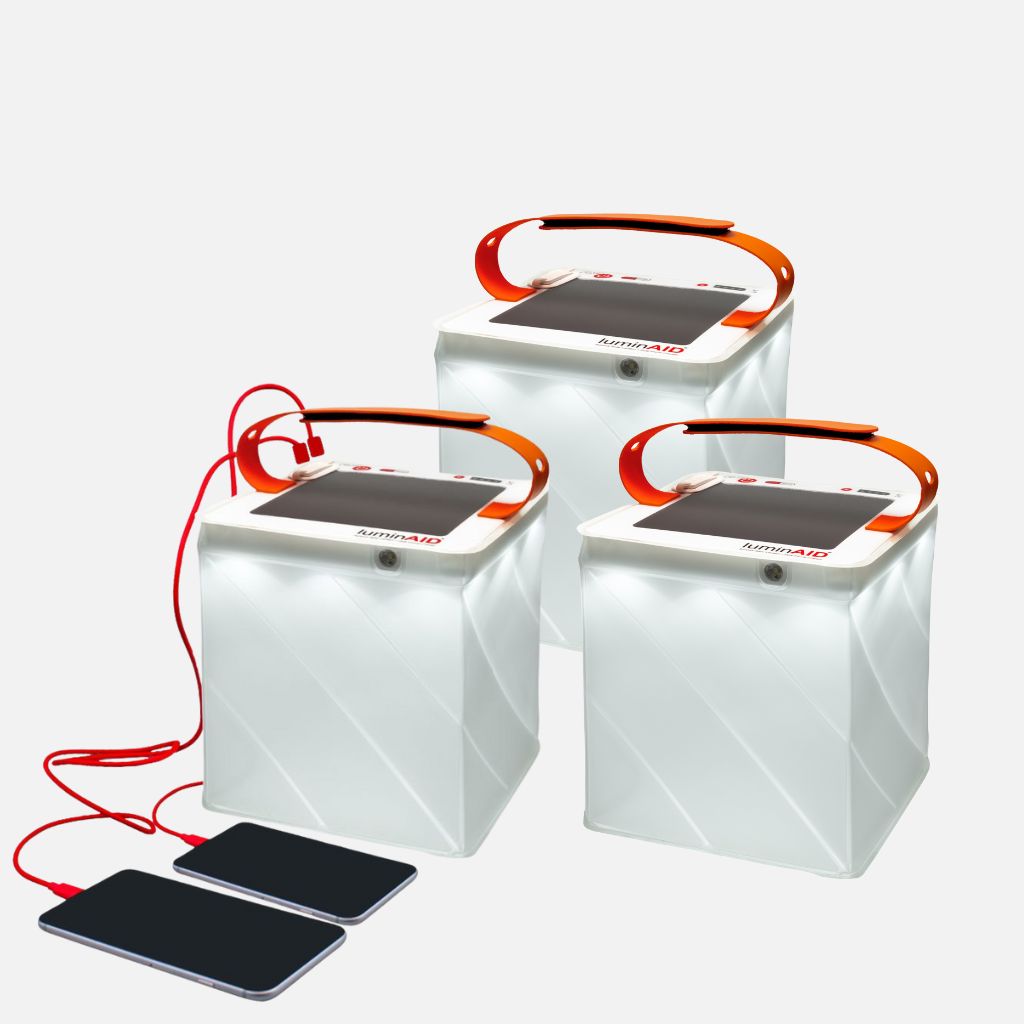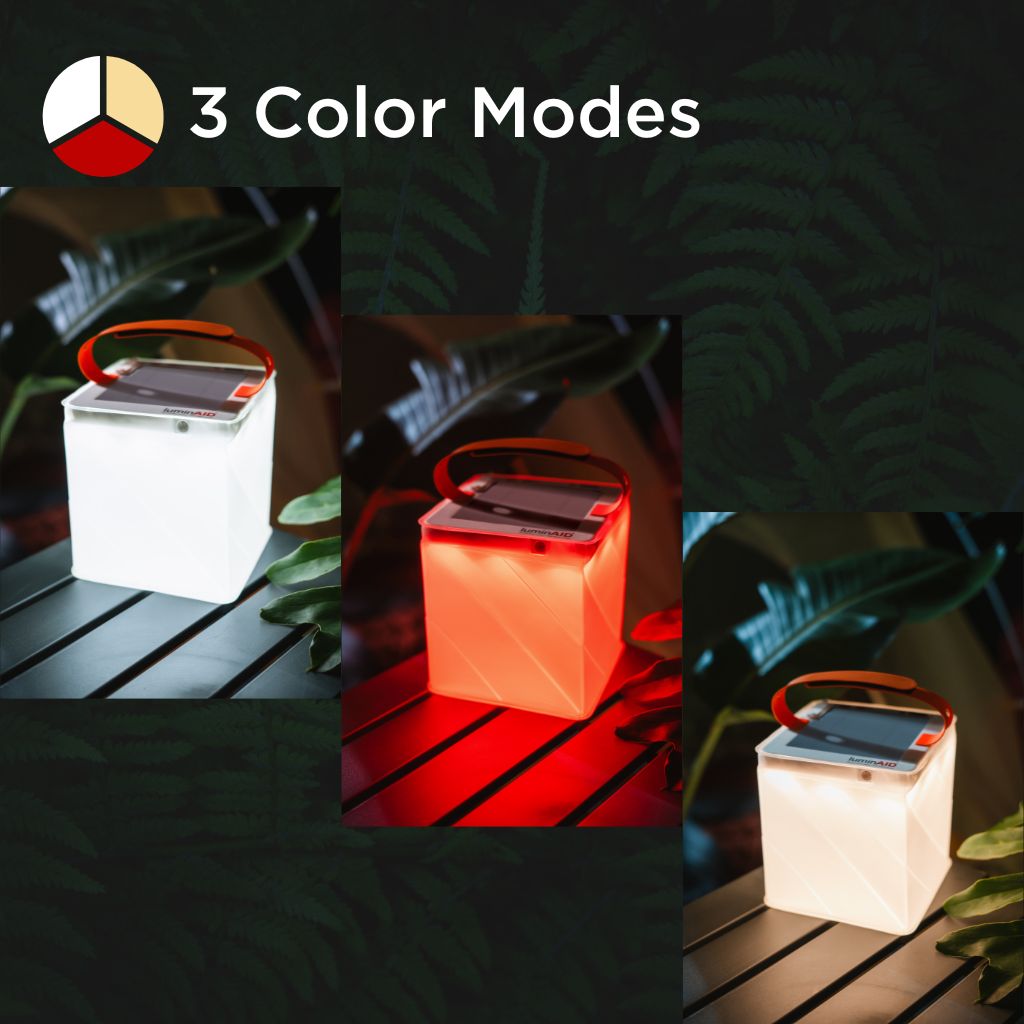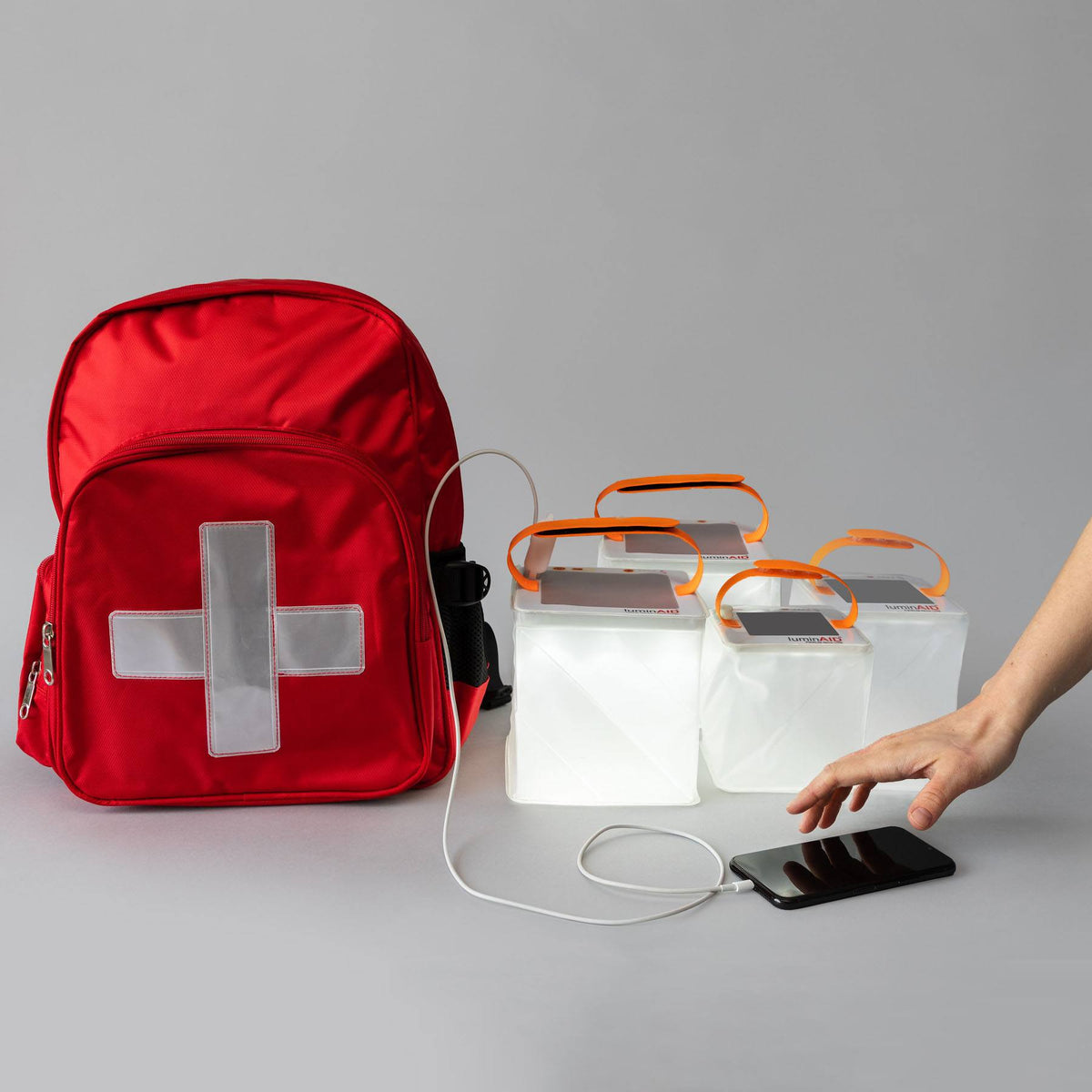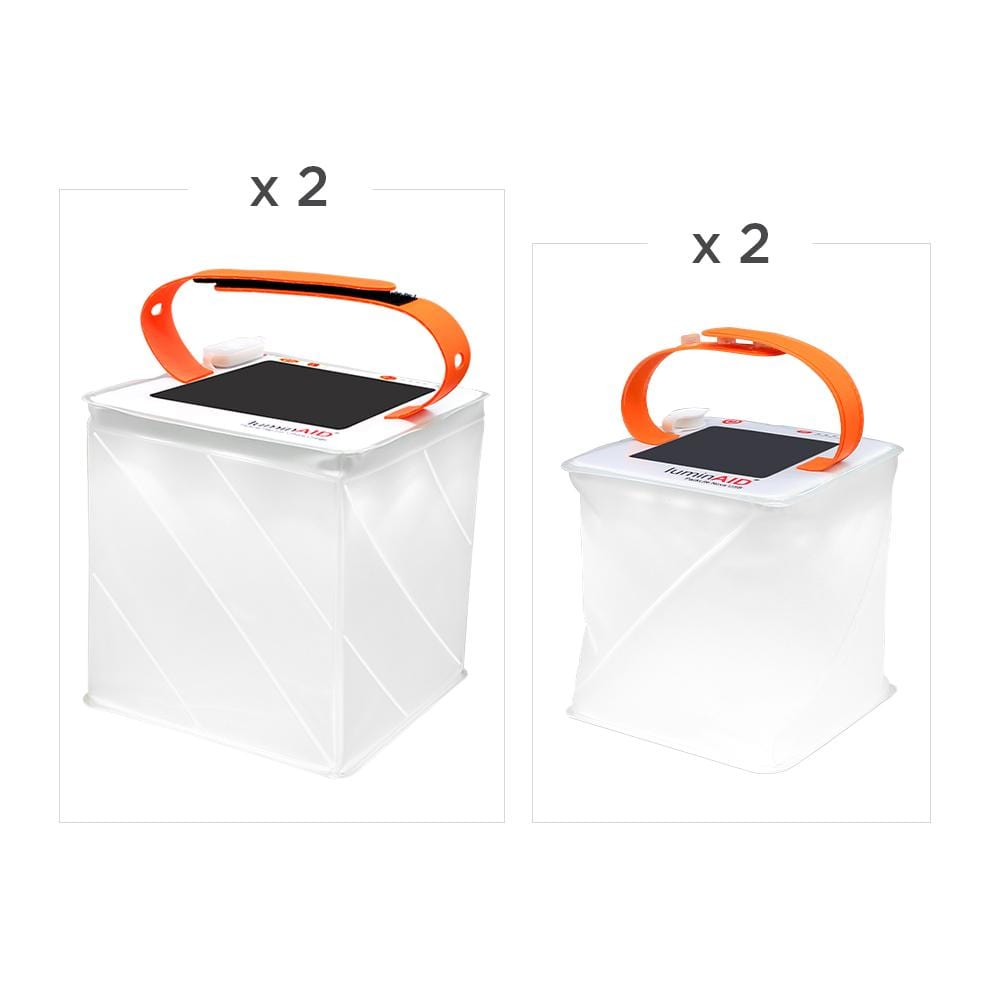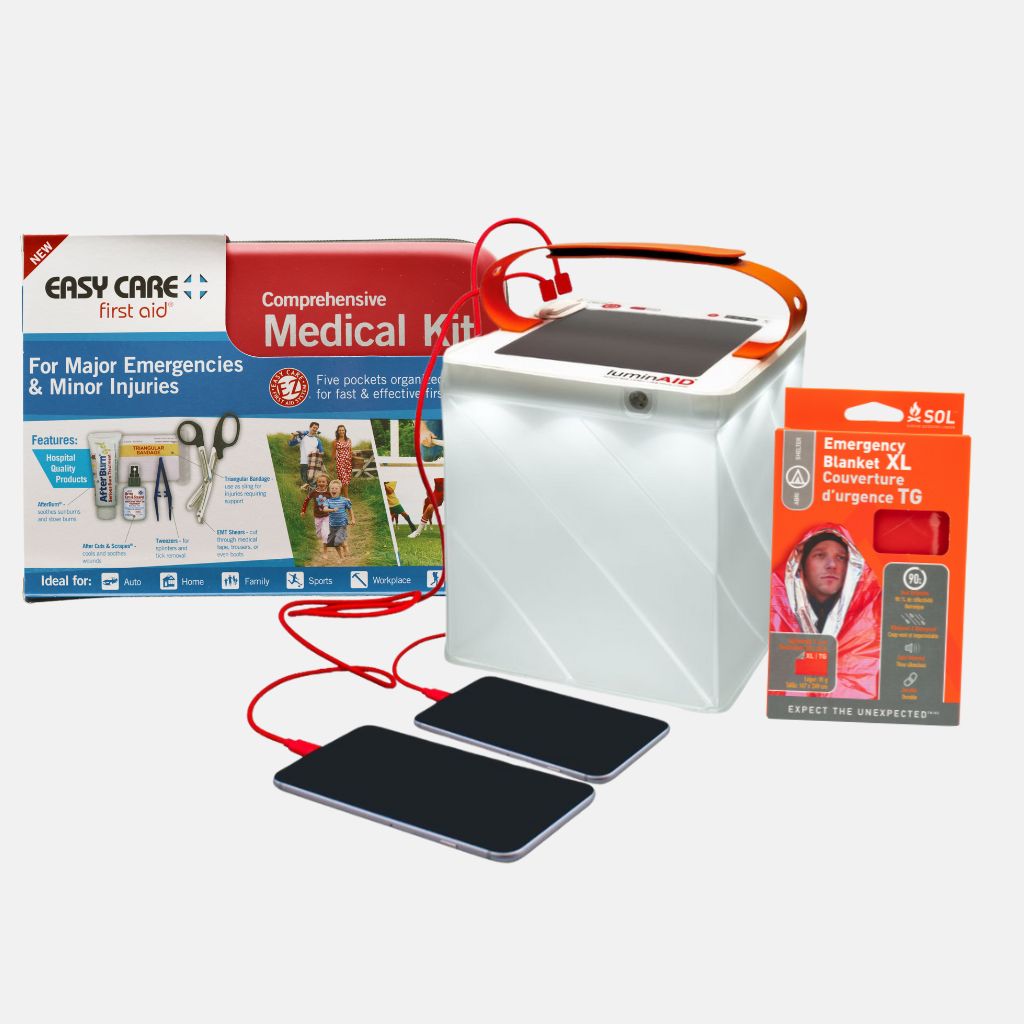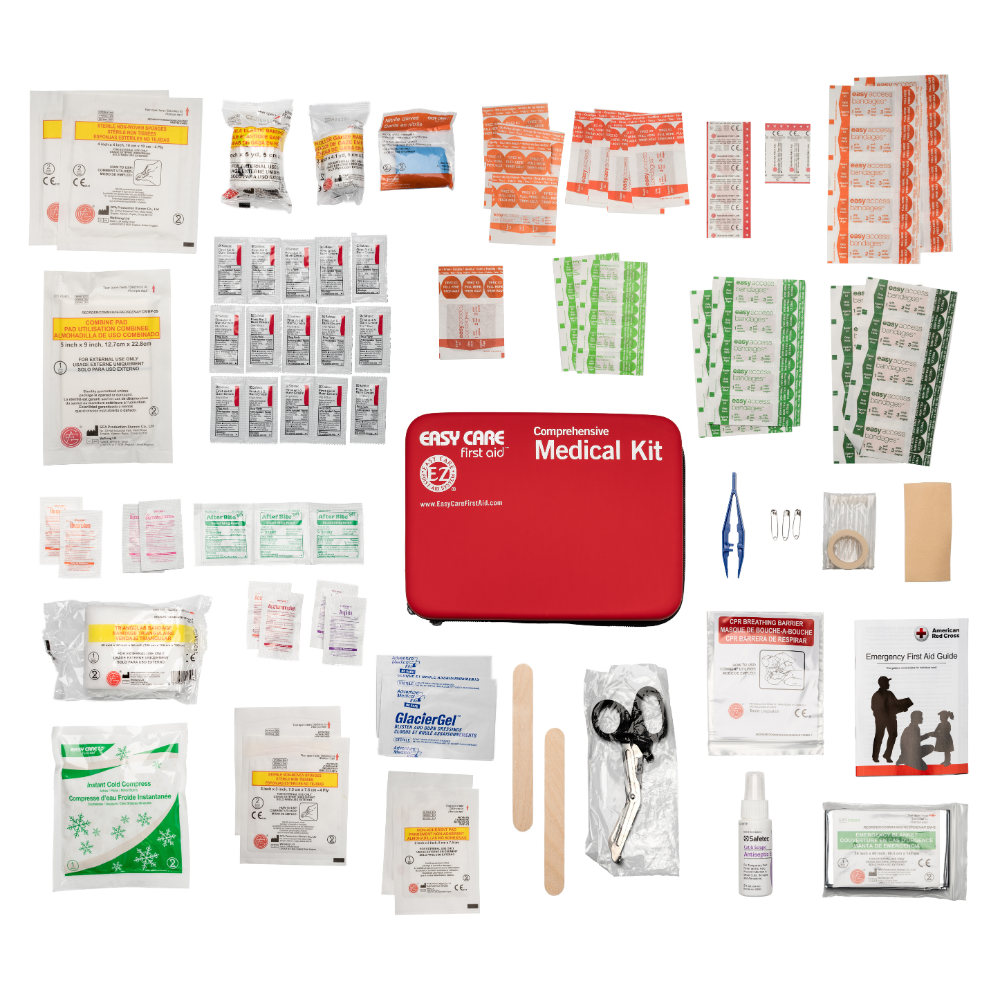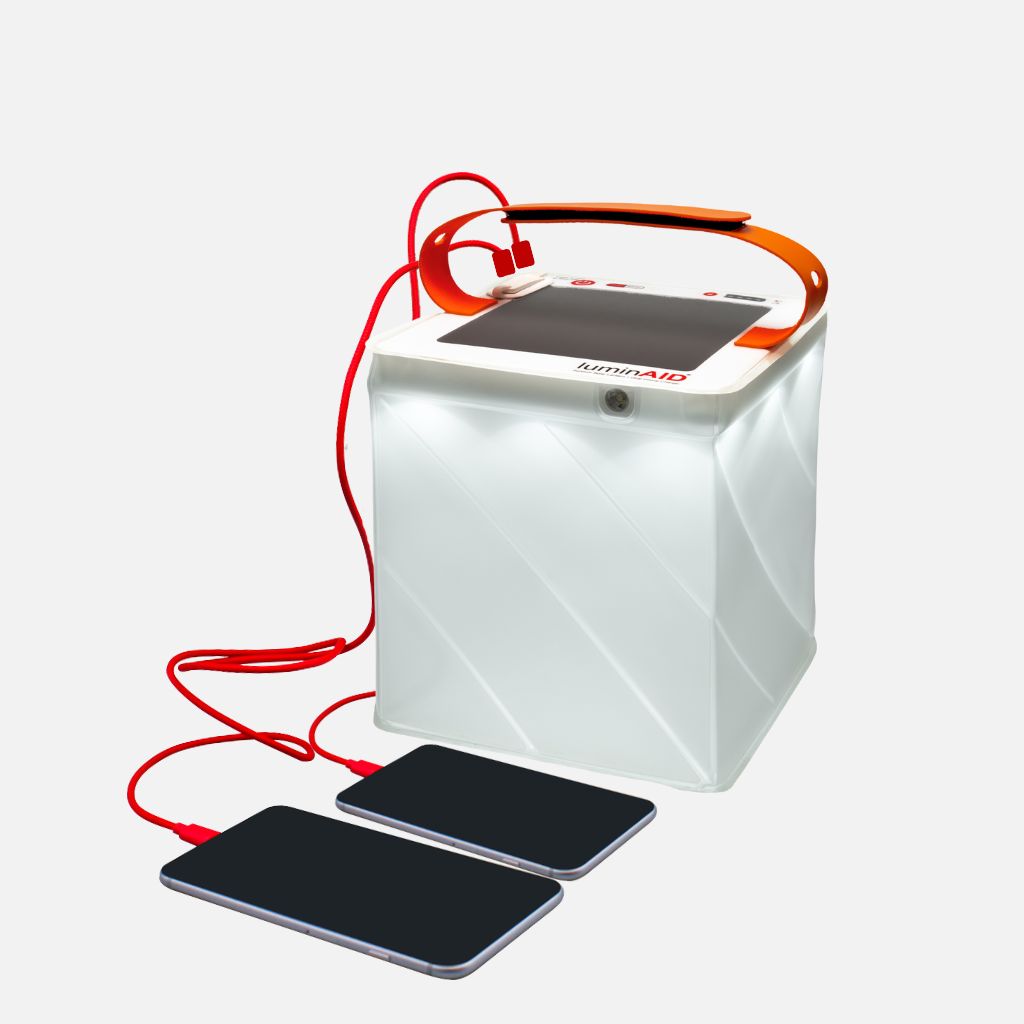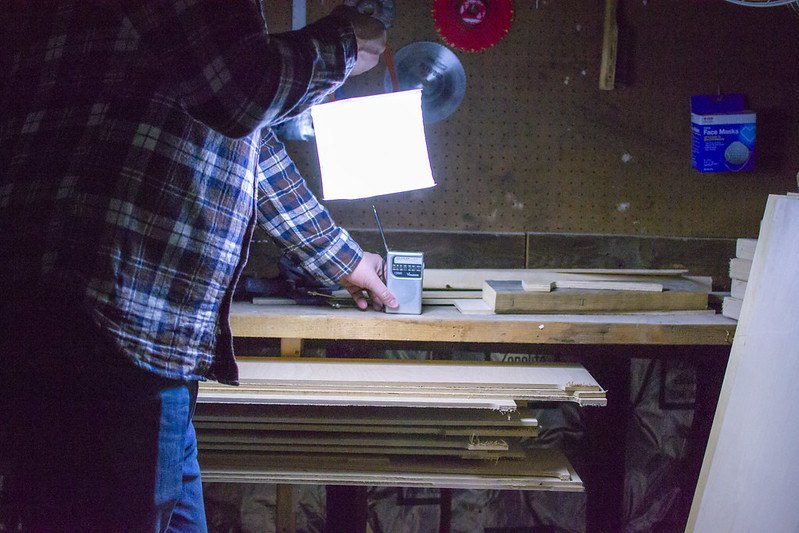Some people fill their bathtubs before a hurricane. Here's why:
Before a storm, there are some things you can do to be prepared in case you lose power or have to shelter in place. Make sure you have food, water, light, and power.
You might also want to fill your bathtub. Let's explain why.
A storm could impact the clean water supply in your area. This happened earlier this year after severe winter storms in Texas, when "nearly half the state" was impacted, "facing disruptions to its water supply, ranging from having no running water at all to being forced to boil water before consuming it" according to the Texas Tribune.
According to Stefanie Arcangelo, a spokesperson for the American Red Cross, "You don’t know what is necessarily going to happen due to the storm’s impact...The storm could impact the public water system." Because of the unpredictable nature of storms, it can be hard to know exactly what essential services in your area might be impacted. Stocking up on food and water is an easy and fairly low-cost way to plan ahead and help yourself stay safe and comfortable at home if you end up having to shelter in place.
The American Red Cross recommends having at least 1 gallon of water per person per day. You can buy bottled water or fill water bottles and food-safe containers before the storm. As an extra tip, you can freeze water bottles and use them to keep perishables cold in a cooler, to avoid having to open your fridge if the power is out, which can make food spoil faster.
Emergency Kit Essentials You Should Have:• 1 gallon of water per person, per day
|
In addition to drinking water, you’ll also want water for washing and to flush your toilet. That’s where your bathtub comes in!
You can fill up your bathtub, and use a bucket or container to refill your toilet tank, so you can continue to flush it and stay comfortable. You can also use this water to for washing your hands or dishes in the sink, while preserving your bottled water for drinking.
Step-by-step instruction about filling the bathtub for emergencies:
Filling a bathtub for emergencies is extremely simple, but we have a couple of tips for you.
- First, ensure the tub is clean. This avoids contaminating the stored water. Use bleach or a disinfectant, then rinse thoroughly.
- Next, plug the drain securely. A silicone or rubber stopper works best. Start filling the tub with cold water. Cold water stays fresh longer. Fill it to the top to maximize storage.
If the power outage lasts for several days, storing the water in the bathtub safely is important. Use these easy-to-follow tips:
- Cover the bathtub with a sheet or tarp. This prevents debris and insects from contaminating the water.
- It's also important to keep the bathroom door closed. This helps maintain water cleanliness.
- Don’t forget that the water in your bathtub is for emergency use only. It's not suitable for drinking without purification.
- Use it for sanitation or cleaning purposes.
So next time there’s a weather advisory in your area, fill up the tub before the storm comes through -- it might help you weather the storm a bit more comfortably!

